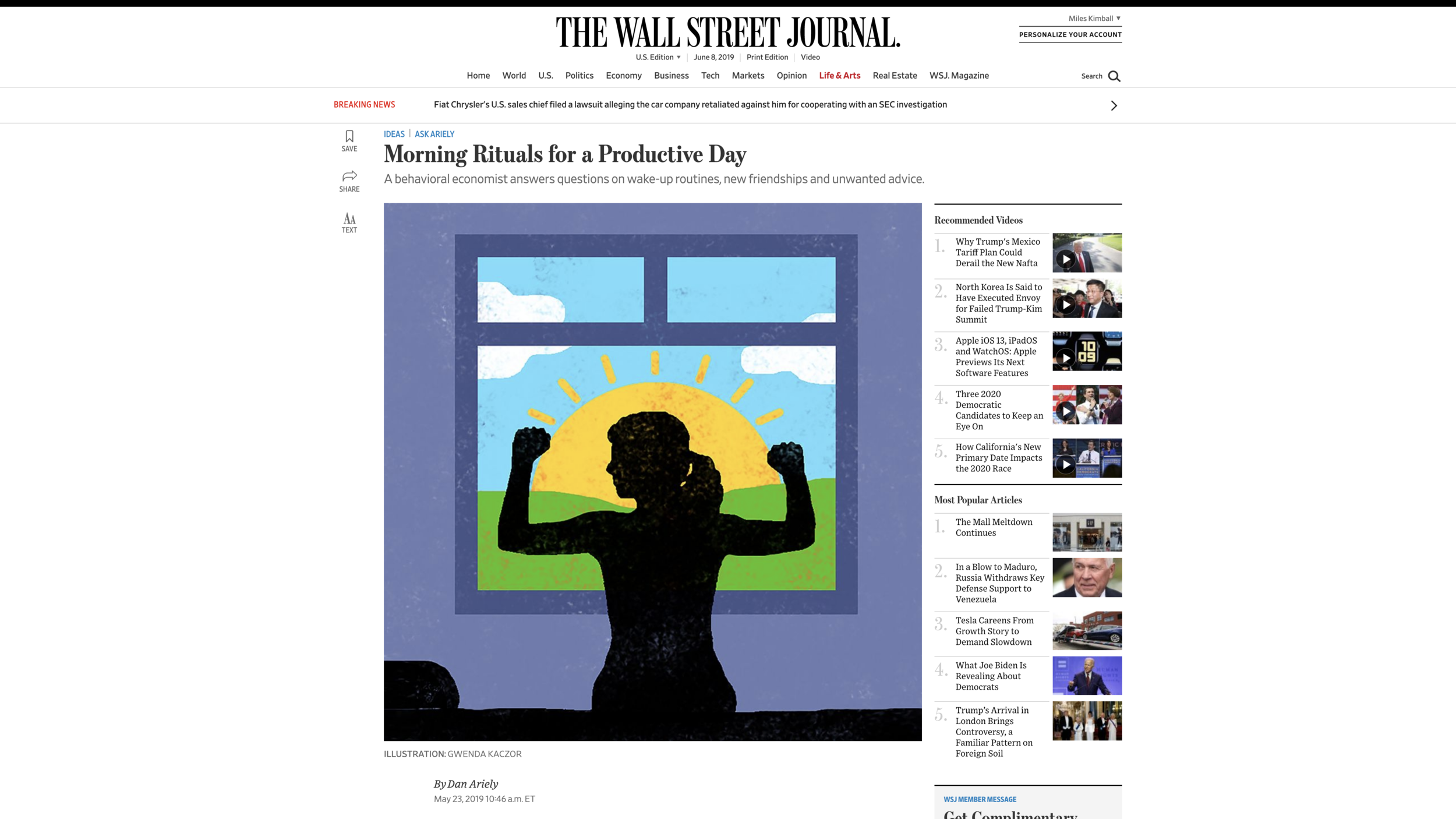Jonathan Shaw: Could Inflammation Be the Cause of Myriad Chronic Diseases?
Inflammation plays a role in many diseases, according to Jonathan Shaw’s fascinating Harvard Magazine article shown above: “Raw and Red-Hot: Could inflammation be the cause of myriad chronic conditions?” I found three points Jonathan made especially interesting.
First, arterial plaques that block blood flow in a way that can cause heart attacks or strokes may owe just as much to inflammation as they do to cholesterol. For example, one of the most powerful predictors of cardiovascular health is C-reactive protein, which is related to inflammation. Jonathan reports:
… a molecule called C-reactive protein (CRP), easily measured by a simple and now ubiquitous blood test, could be used like a thermometer to take the temperature of a patient’s inflammation. Elevated CRP, he discovered years ago, predicts future cardiovascular events, including heart attacks.
Second, many of the benefits of exercise may come because of the long-run inflammation-reducing effects of exercise:
In 2007, [Harvard] associate professor of medicine Samia Mora and colleagues published a study of exercise that sought to understand why physical activity is salutary. They already knew that exercise reduces the risk of cardiovascular disease as much as cholesterol-lowering statin drugs do. … women had donated blood in the 1990s when they entered the study. Eleven years later, the researchers analyzed this frozen blood to see if they could find anything that correlated with long-term cardiovascular outcomes such as heart attack and stroke. “… reduced inflammation was the biggest explainer, the biggest contributor to the benefit of activity …”
The anti-inflammatory effect of exercise was much greater than most people had expected. That raised another question: whether inflammation might also play a dominant role in other lifestyle illnesses that have been linked to cardiovascular disease, such as diabetes and dementia.
In the short-run, exercise increases inflammation, just as it increases blood pressure. But in the long run, exercise reduces blood pressure and reduces inflammation.
Third, the case that inflammation rather than something else correlated with inflammation is doing the good work is bolstered by the many benefits of an anti-inflammatory drug:
In 2017, two cardiologists at Brigham and Women’s Hospital in Boston, who suspected such a link, published the results of a human clinical trial that will forever change the way people think about inflammation. The trial, which involved more than 10,000 patients in 39 countries, was primarily designed to determine whether an anti-inflammatory drug, by itself, could lower rates of cardiovascular disease in a large population, without simultaneously lowering levels of cholesterol, as statin drugs do. The answer was yes. But the researchers went a step further, building into the trial additional tests seeking to clarify what effect the same anti-inflammatory drug, canakinumab, might have on illnesses seemingly unrelated to cardiovascular disease: arthritis, gout, and cancer. Only the researchers themselves, and their scientific colleagues, were unsurprised by the outcome. Lung cancer mortality dropped by as much as 77 percent. Reports of arthritis and gout also fell significantly.
Some of the researchers Jonathan interviewed speculate that strong immune system responses were very helpful in the environment of evolutionary adaptation, since infectious diseases were such a big danger.
Also, Jonathan interviewed Gökhan S. Hotamisligil, director of the Sabri Ülker Center for Metabolic Research. Gökhan speculated that eating all the time is one cause of chronic inflammation, both because eating puts a lot of reactive molecules in the mix and because being well-fed provides lots of energy to run the immune system.
Let me make connections to a few themes I have pursued in my diet and health posts. First, note how different an emphasis on inflammation is that a view that says “dietary fat is bad.” For example, if eating animal protein caused inflammation, the fat in the meat might get blamed instead of the animal protein in the meat. Second, if, as Gökhan argues, eating all the time causes excessive inflammation, could periodic fasting reduce inflammation? Third, reminiscent of, bit distinct, from what Gökhan is sayhing, I have written about Steven Gundry’s big claim that many particular foods cause inflammation and overactivate the immune system in “What Steven Gundry's Book 'The Plant Paradox' Adds to the Principles of a Low-Insulin-Index Diet.” Interestingly, Steven claims that certain types of food cause inflammation in and near the digestive tract, and that belly fat then builds up to provide a storehouse of energy for that immune-system response. If that is the case, then belly fat would be caused by inflammation rather than itself causing inflammation. But in any case, belly fat is a bad sign.
It is my sense that the importance of inflammation to the chronic diseases associated with obesity has not fully made it into popular awareness. It deserves to.
I have found the food insulin index extremely useful in thinking about which foods are healthy and which are unhealthy. (See “Forget Calorie Counting; It's the Insulin Index, Stupid.”) I would love to see a corresponding index of how much inflammation different foods. Short of that, I would love to have a better sense of what kinds of subjective sensations after eating are most likely to be signs of an inflammatory response to particular foods I just ate.
Overall, on what to do in relation to inflammation, diet and health, I am left with more questions than answers. There are many possible recommendations for which I am worried about possible side effects. As an analogy, too-easily-clotting blood is akin to an overactive immune system. A baby aspirin, turmeric or regular cinnamon (that is, non-Ceylon cinnamon) are all blood-thinners. Taking some kind of blood thinner may often make sense, but personally I find they give me nose bleeds. (I love cinnamon and eat Ceylon cinnamon to avoid the nose bleeds.) The three recommendations I do have in relation to inflammation that have few downsides are:
Exercise regularly.
Quit sugar. Heidi Turner says “Sugar is the universal inflammatory ... Everyone is sugar intolerant.” (See “Heidi Turner, Michael Schwartz and Kristen Domonell on How Bad Sugar Is” and once you are convinced, turn to “Letting Go of Sugar.”)
Don’t eat all the time. (See “Stop Counting Calories; It's the Clock that Counts.”)
Google “Steven Gundry Yes and No” and check out Steven’s list of OK “yes” foods and inflammatory “no” foods.
For annotated links to other posts on diet and health, see “Miles Kimball on Diet and Health: A Reader's Guide.”














